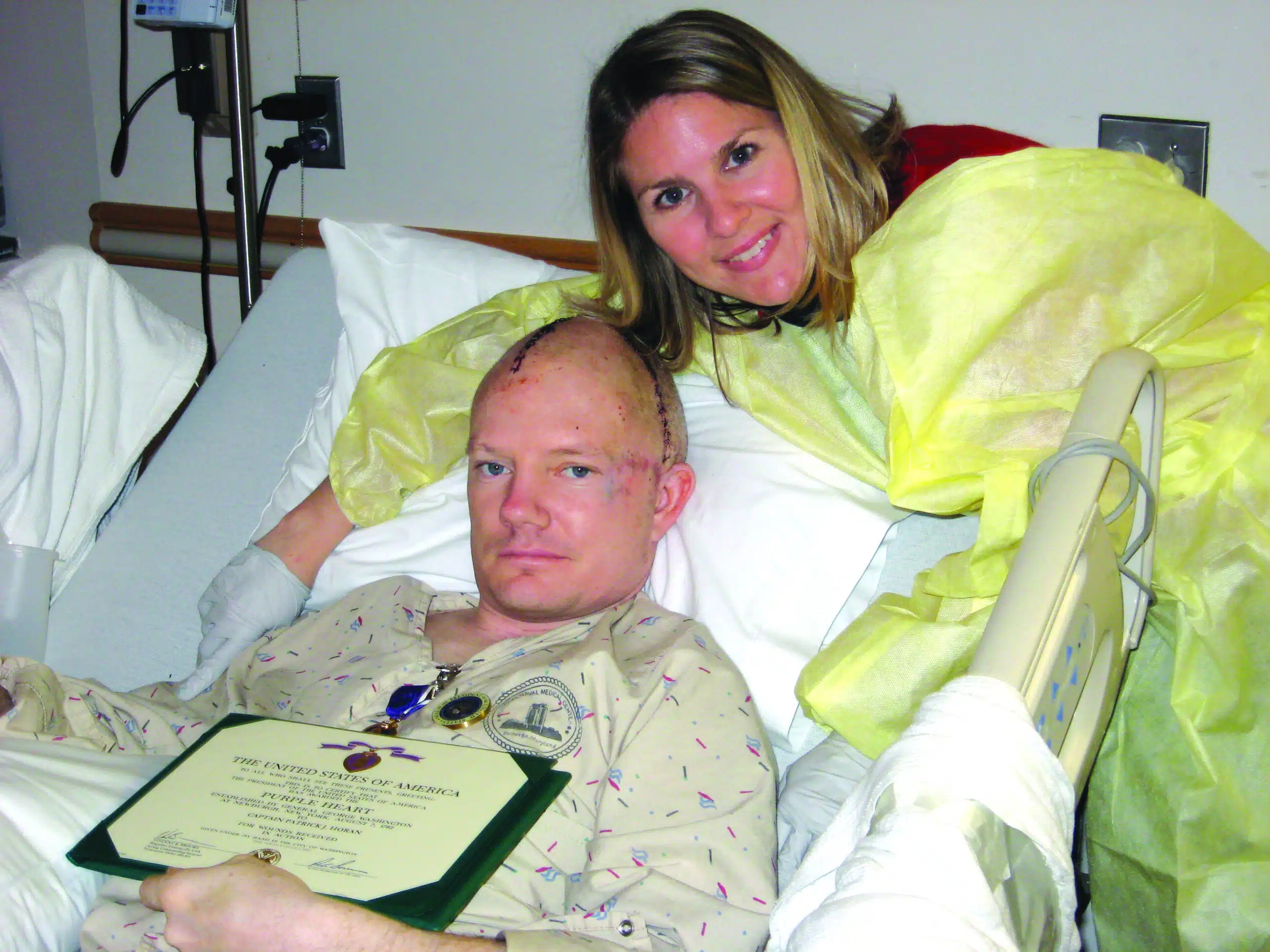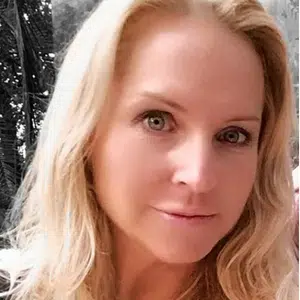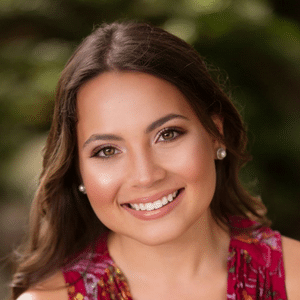I acquired epilepsy at 14 months of age. It ensued from a febrile convulsion triggered by pneumonia with a very high fever. I initially experienced epigastral auras which my family called “funny feelings.” However, there was nothing humorous about them. They were paralyzing and instilled immediate fear, sometimes dread.
Prescribed anti-epileptic drugs did not control my seizures; rather, they left me sedated in a zombie-like state: ‘Every day was a monotonous routine. Redundancy quickly emerged from time intervals used to maintain scheduled medicinal dosages. …Emotionally, my medications had reduced me to an individual who could not respond to others; I was a sponge [unable to empathize]. I was hurt physically, emotionally, and psychologically, but always used that pain as motivation to keep [pursuing] attainment of my independence’ (Aponte, 2004, p. 54). Strenuous academic demands during my Master’s program exacerbated my seizure severity and increased frequency. Neurologists further exhausted all possible anti-epileptic drugs and recommended that I have surgery.
I underwent successful brain surgery to extricate my epileptogenic focus in 1997. Although it triggered seizure remission, I will always remember my struggle with uncontrolled seizures. Difficulty ensued when my preoperative lifestyle, self-perception, and postoperative lifestyle readily contradicted each other: I experienced different cultural conflicts between my preoperative lifestyle and identity and the postoperative one. Why? Societal expectations increased due to my seizure-free status. I was deemed to have the ability to more immediately respond and optimally perform.
Herein rests, I believe, the crux of a “cure” for epilepsy. An extricated epileptogenic focus will incite seizure cessation and even remission. However, the patient’s postoperative ability to immediately participate more fully in society often generates the onset of psychiatric symptoms (e.g., forced normalization).
Absolutely I have a new start in my life: I am liberated from the noxious confinement of having uncontrolled epileptic seizures! I now also participate in activities that those seizures prohibited me from preoperatively. No longer do I suffer from a loss of consciousness or pose an imminent danger to anyone’s safety; especially my own. My challenge: to establish a precedent for epilepsy patients to explicate reality for all/any of its medical progress. Medical research must not exclude epileptics’ postoperative strife with forced normalization. Only then, can we be closer to a “cure.”










